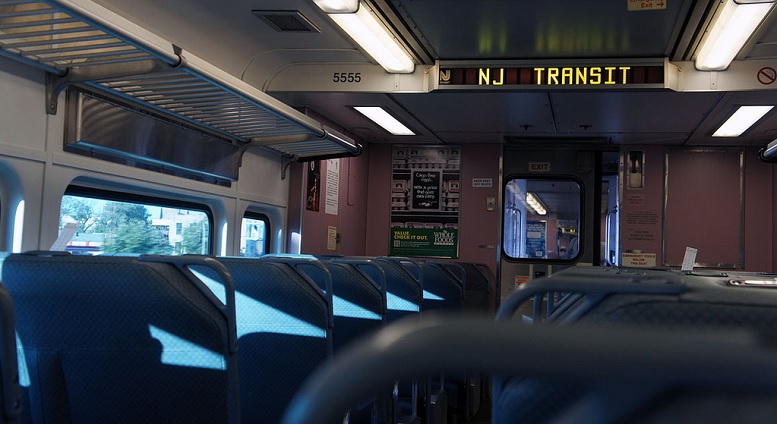The solution to New Jersey Transit’s woes rests on shaky foundations – yes, plural. It seems that neither the state leaders who make transportation funding decisions in Trenton, nor the agency leaders who run the transit agency in Newark, can get their houses in order.
We’re seven weeks away from the end of the current fiscal year, which will mark the day New Jersey’s Transportation Trust Fund essentially runs dry. There’s no plan or funding mechanism to actually pay for the $1.6 billion in transportation needs included in Governor Christie’s budget beyond July 1.
This isn’t a new development. Many, including Tri-State, feared the governor’s five-year capital program would fail, and it did in its second year. Since then, legislative leadership has reassured the members of their respective houses (and the voting public) that they were working towards a solution, but not much has happened.
Instead, legislators in Trenton have resisted pursuing a solution that doesn’t come pre-authorized with Governor Christie’s seal of approval, meaning it would achieve so-called “tax fairness” via estate and inheritance tax cuts. (The plot thickened this week when Senate President Sweeney announced that he will support an actual tax fairness bill — one that would increase the Earned Income Tax Credit.)
Meanwhile in Newark, NJ Transit heads into FY 2017 facing yet another budget deficit estimated at $57 million. Governor Christie has ordered the agency to close the budget gap but without raising fares. Closing a budget gap of that size would be a tall order for just about any transit agency, but it could prove especially difficult for NJT given the turnover we’ve seen among senior leadership recently:
- Former NJ Transit Board Chairman and NJDOT Commissioner Jamie Fox resigned last October after just over a year at the helm to pursue opportunities in the private sector.
- That same month, Director of Trans-Hudson Project Planning Richard Andreski left after 16 years with NJT to lead the Connecticut DOT’s Bureau of Public Transportation.
- NJT Chief Financial Officer Kathleen Sharman stepped down last November after less than three years to be director of finance at the Greater Orlando Aviation Authority in Florida.
- The following month, NJT Executive Director Ronnie Hakim left the agency to lead MTA New York City Transit. Her tenure lasted less than two years.
- Jackie Halldow was tapped to join Governor Christie’s team last month after serving as NJT’s chief of staff for the last five years.
- And then this week, Deputy Executive Director Neil Yellin, a seasoned veteran who spent years in senior roles with Long Island Rail Road and MTA Long Island Bus, announced this week that he will retire after less than two years with New Jersey Transit.
And although his tenure at NJT never quite began, we can’t forget William Crosbie, who was appointed executive director on April 6, only to back out two weeks later.
Three of those positions — CFO, deputy executive director and chief of staff — were filled this week, all with former Christie administration staff.
A $57 million budget gap is bad news, but this lack of stability can’t be good for the agency (or its customers) in the long term. Filling the budget gap will be difficult, but filling senior leadership roles — and hanging on to talent — might be an even bigger challenge.


[…] Tri-State: NJ Transit Problems Go Deeper Than Inadequate Funding (MTR) […]
[…] ARC tunnel, and stood by while NJ Transit approved fare hikes and service cuts (while top talent bolted for the exits). And he did this all while failing to even acknowledge that his state even has a transportation […]
[…] testimony” from NJ Transit’s recently-fired chief compliance officer compares the troubled transit agency to a “runaway […]
[…] leadership issues, specifically the turnover in senior […]